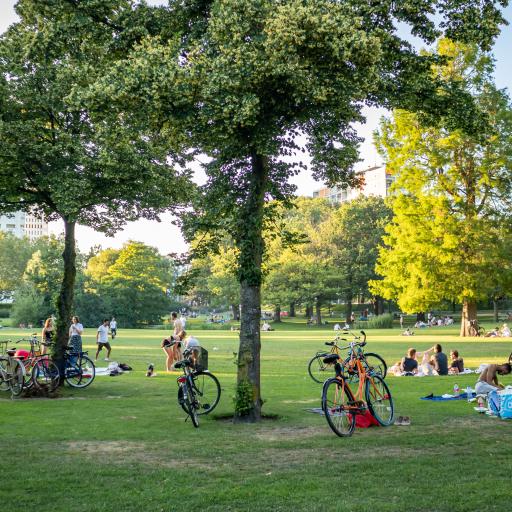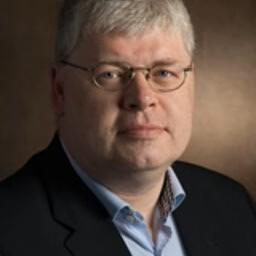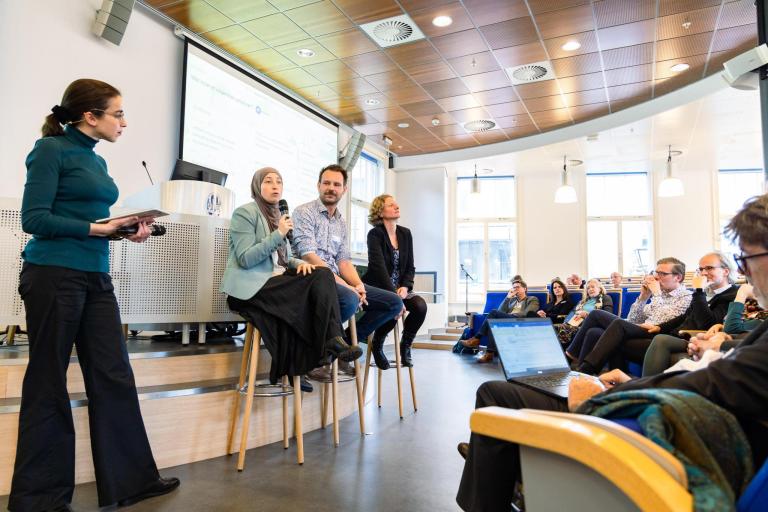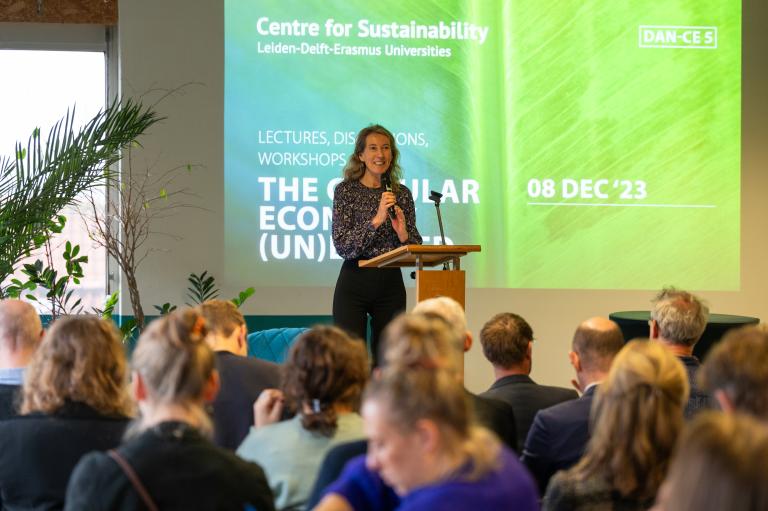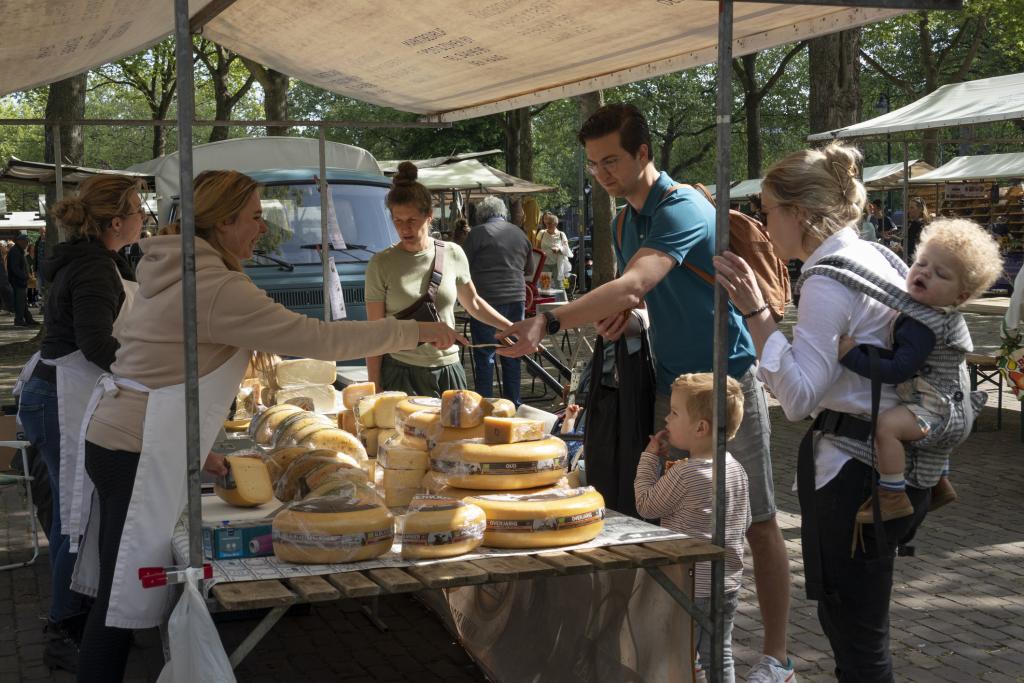
The current linear economic system is reaching its limits. Ever-increasing production and consumption, at the lowest possible prices, are driving dangerous global warming and a decline in biodiversity. Prosperity may still be growing, but increasingly at the expense of a livable planet. In highly developed countries like the Netherlands, economic growth no longer automatically translates into improved well-being for people.
At the same time, geopolitical relations are shifting radically. Europe no longer views the United States as an ally. The era of global free trade, open markets, and international cooperation - which enabled a significant increase in prosperity after World War II - appears to be coming to an end. Europe has become aware of its economic dependencies and is now reconsidering its position and strategizing ways to strengthen its own economy.
How can we, in this context, move towards a thriving economy that stays within planetary and social boundaries, and that focuses on what people truly need? What principles should this economy be based on? What is the role of civil society, or communities, in this economy, and of government? What does the market look like: what is being exchanged, how, by whom?
Working on solutions
News
Learn more
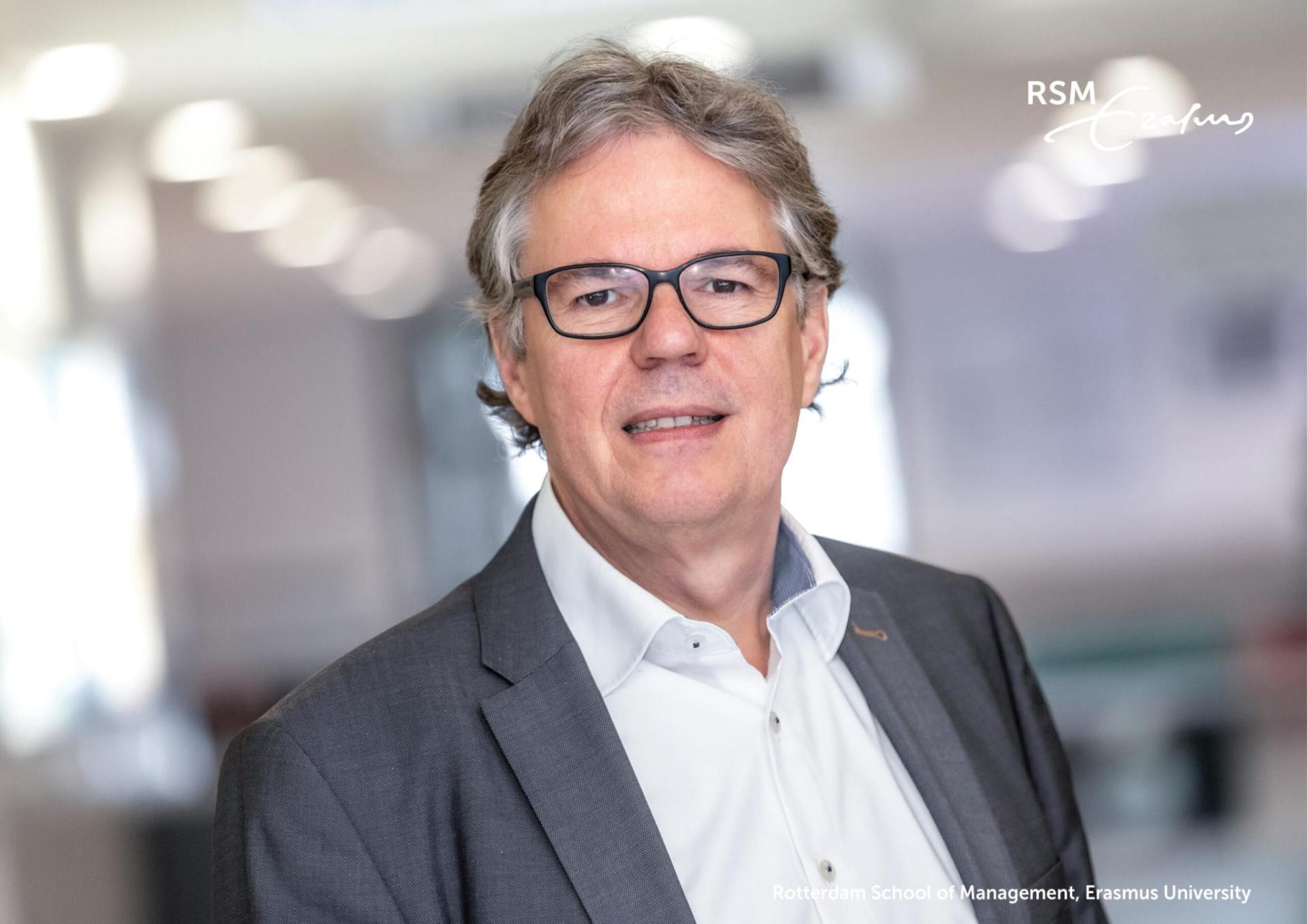
"Ecologie moet in de economie een doel op zich worden."
Econoom Dirk Schoenmaker wil helpen de grote problemen van deze tijd op te lossen. Hij werkt samen met onder meer ecologen en schopt tegen heilige huisjes binnen de economie. ‘De hele doelstelling binnen het economische denken moet veranderen.’
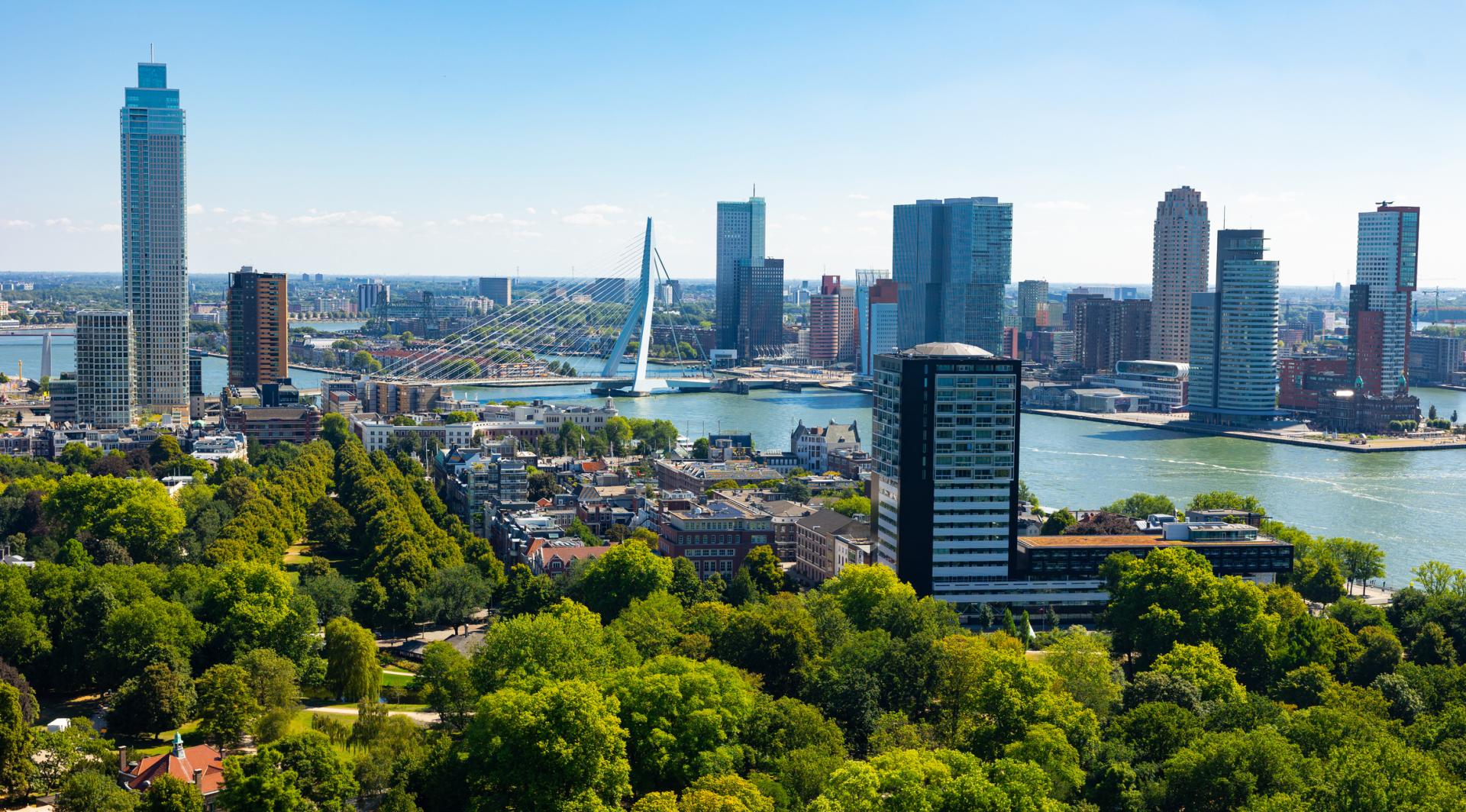
Podcast: Voor een systeemverandering heb je verschillende disciplines nodig
“De Brits-Venezolaanse econome Carlota Perez stelt dat de mensheid zich voor het eerst in de geschiedenis bewust is op een kantelpunt te staan. Dat ziet ze als een grote kans. De vraag is hoe we die kans ook echt grijpen.” Peter Knorringa, directeur van het International Centre for Frugal Innovation en Arnold Tukker, directeur van het Centre for Sustainability, in gesprek over het belang van interdisciplinaire samenwerking - en hoe de kennisdisciplines circulaire economie en frugal innovation elkaar versterken.
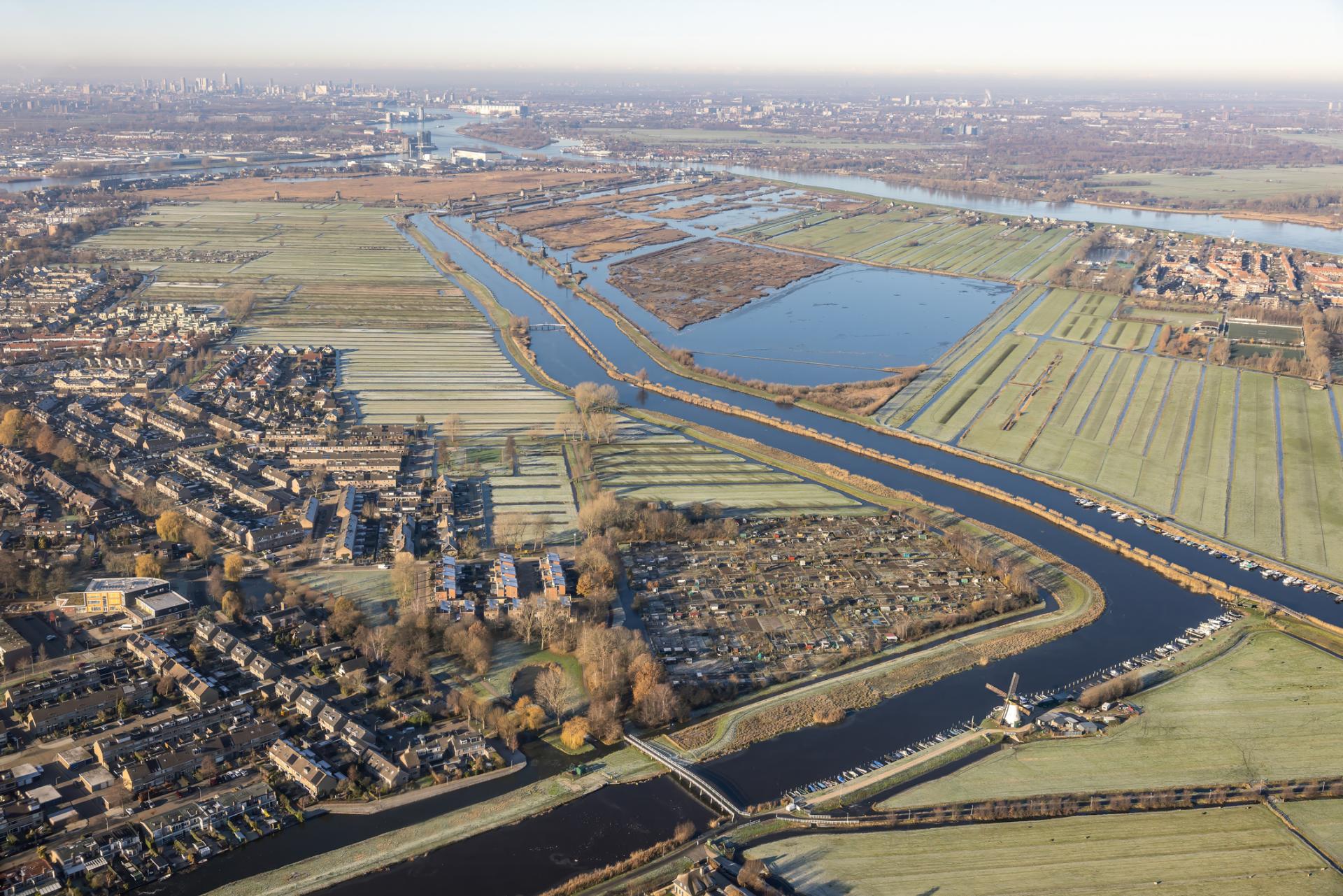
Podcast: Brede Welvaart
Dragen bedrijven genoeg bij als het gaat om de brede welvaart? Wat gaat er al goed en wat kan er beter? In gesprek met oud-premier Jan Peter Balkenende, emeritus-hoogleraar aan de Erasmus Universiteit Rotterdam en voorzitter van de Dutch Sustainable Growth Coalition, en Karen Maas, academisch directeur bij het Impact Centre Erasmus, in de Podcast ‘Welvaart’, van ESB.
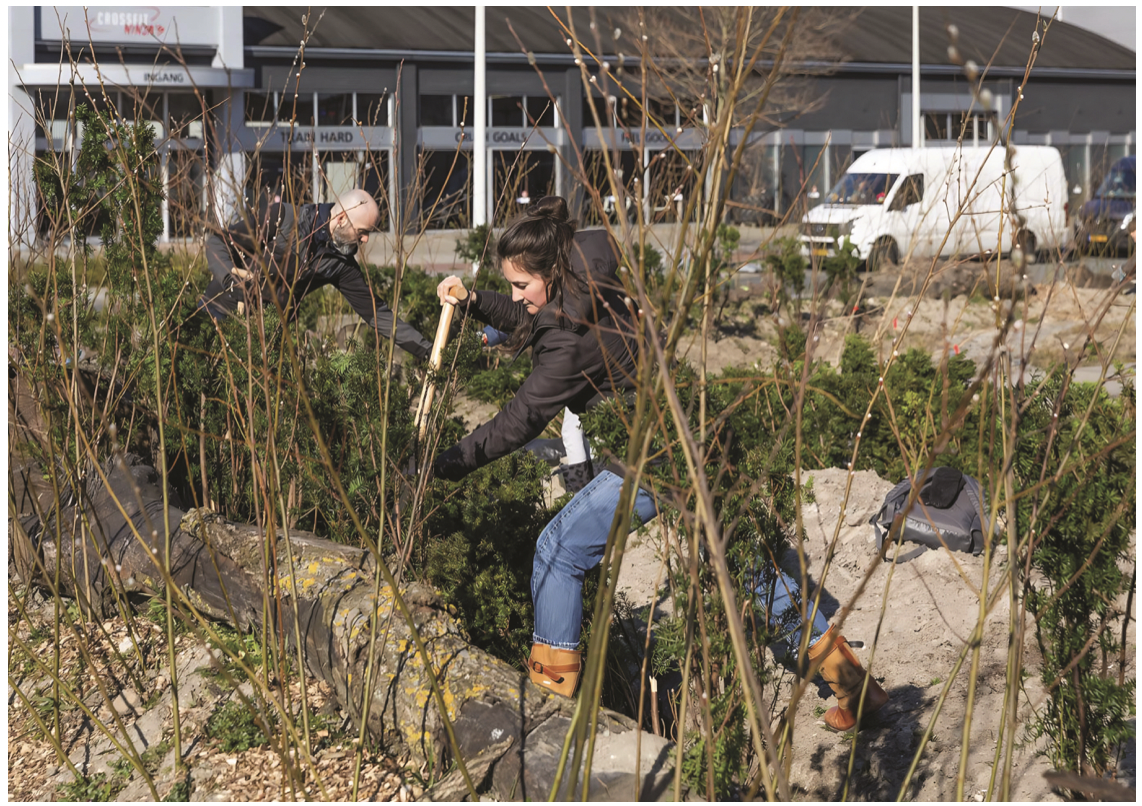
Working with the Value Flower
The Value Flower is a new design method for collective and circular initiatives. With our support, the authors developed this book, full of extraordinary examples of how citizens, together with the city and entrepreneurs, work on a sustainable neighborhood.

